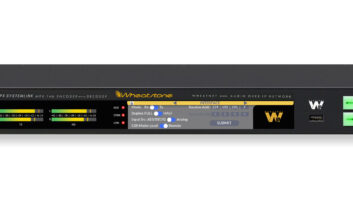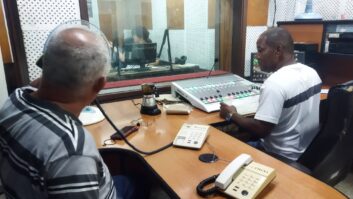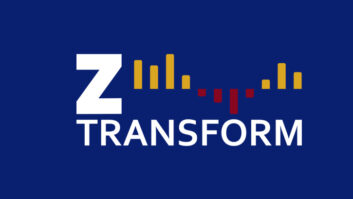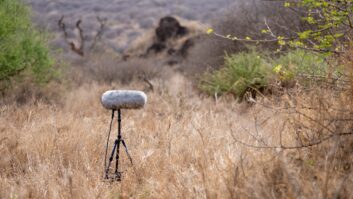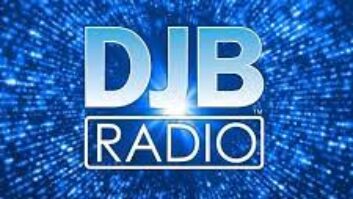Cedar says version 4.0 of its Cambridge audio restoration system offers off-line processing with the three most frequently requested audio restoration modules available.
They are Manual Declick; the dedicated Dethump process for eliminating low-frequency problems; and Retouch version 4.0.
Retouch was developed for workstations such as SADiE, Pyramix and Pro Tools, and allows users to eliminate sounds that could not be removed using conventional techniques.
The process was updated later to offer more time/frequency editing capabilities. The company says V4.0 has unlimited file lengths, improved transport capabilities, time markers and a clearer spectrogram display.
Manual Declick allows users to identify and remove impulsive noises, and is suitable for restoring optical soundtracks and audio files that have proved difficult to correct using other methods or products. The company says the algorithm differentiates between the degradation and the genuine signal, allowing transparent restoration of damaged material.
Dethump removes unwanted low-frequency energy bursts generated by damaged discs; optical soundtracks; and modern recordings when, for example, microphones and stands are bumped. It uses the data in and around the damaged signal to build up a picture of what the low-frequency data should have been had the thump not occurred.
Cedar Cambridge v4.0 is available and compatible with existing Cedar Cambridge hardware.







